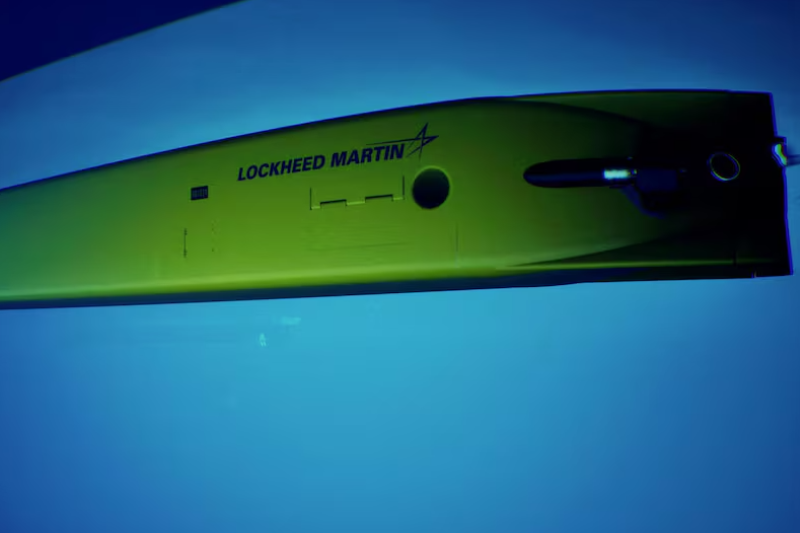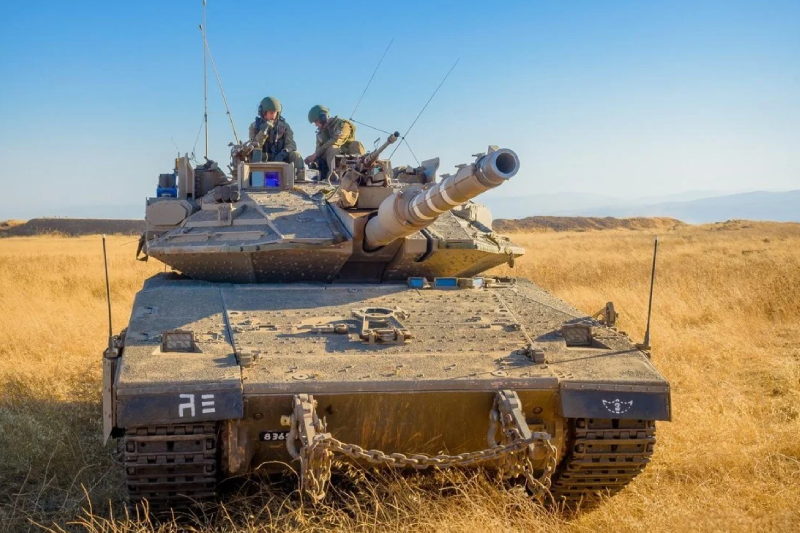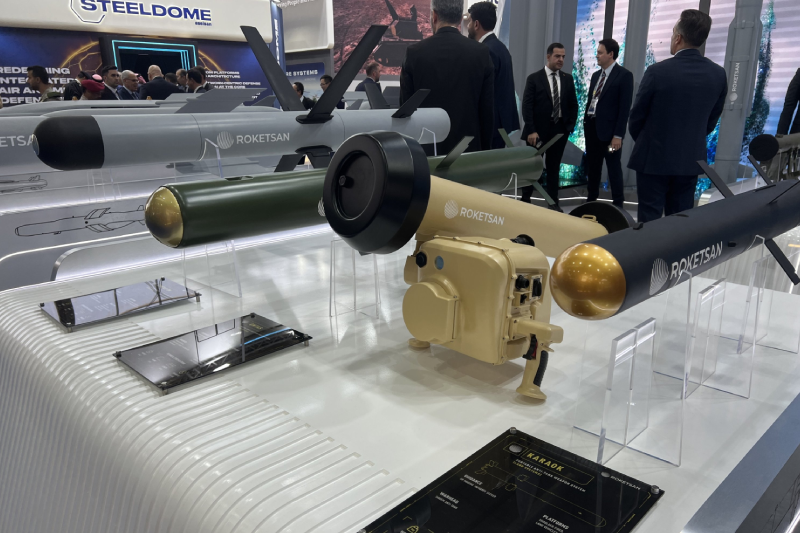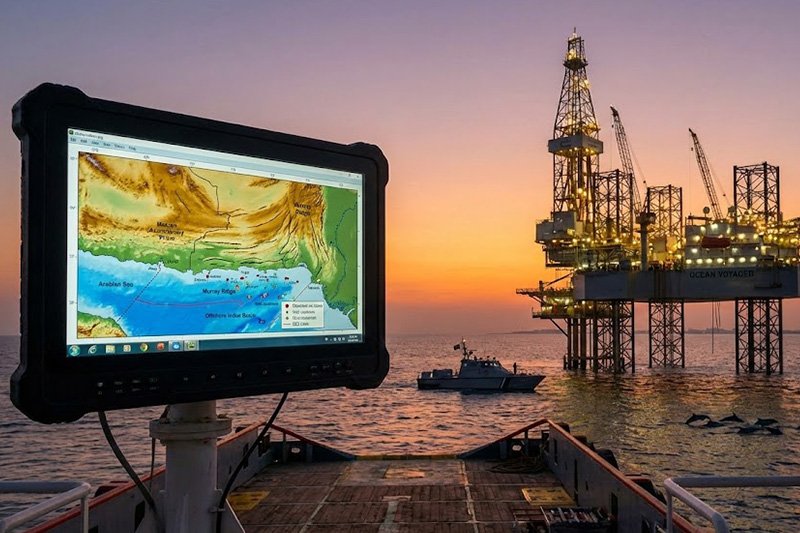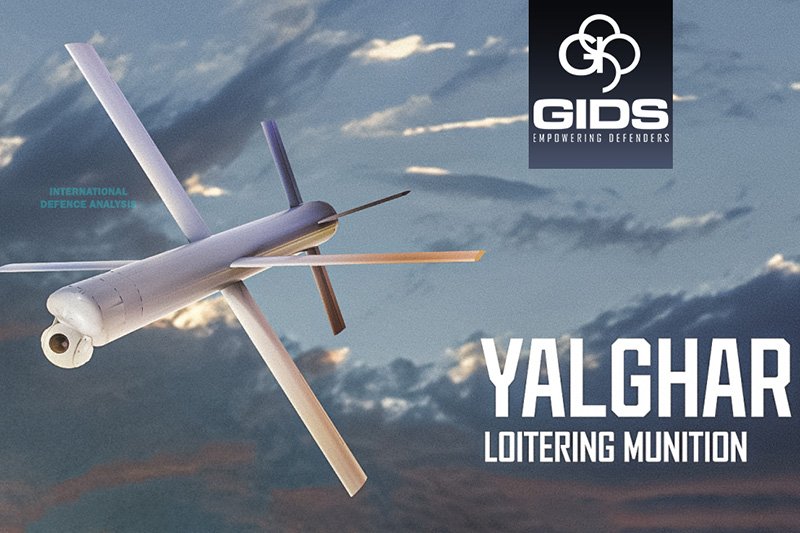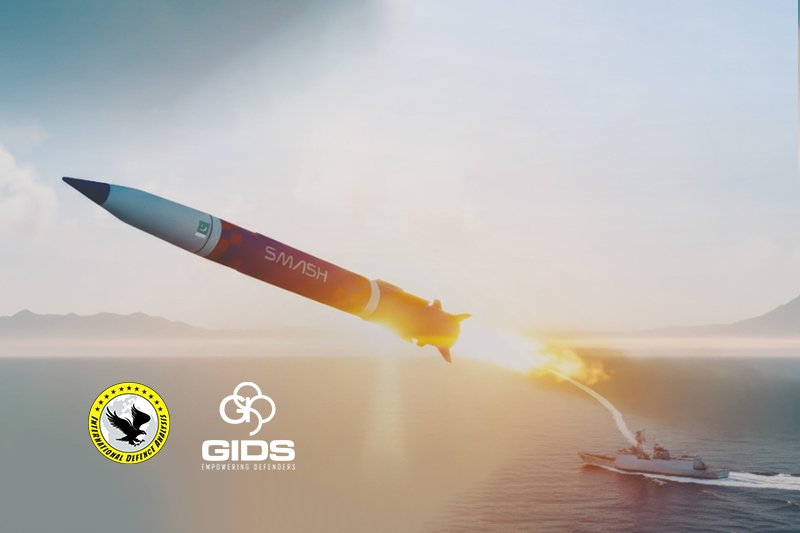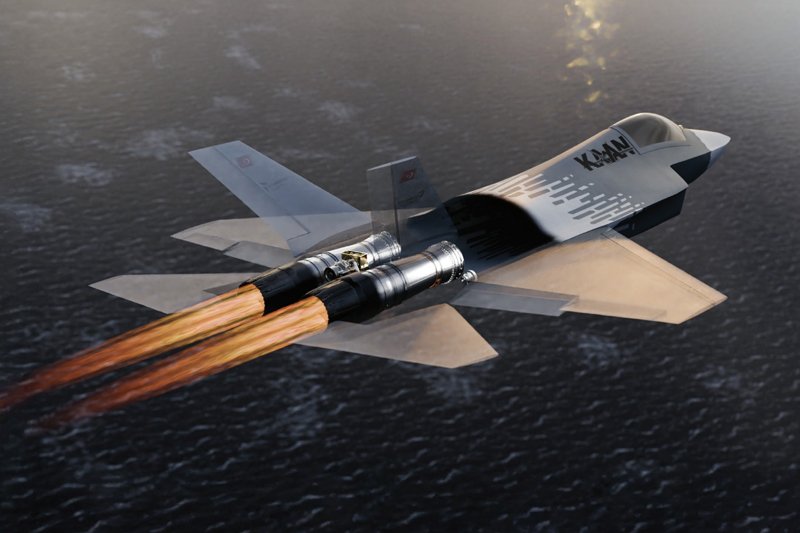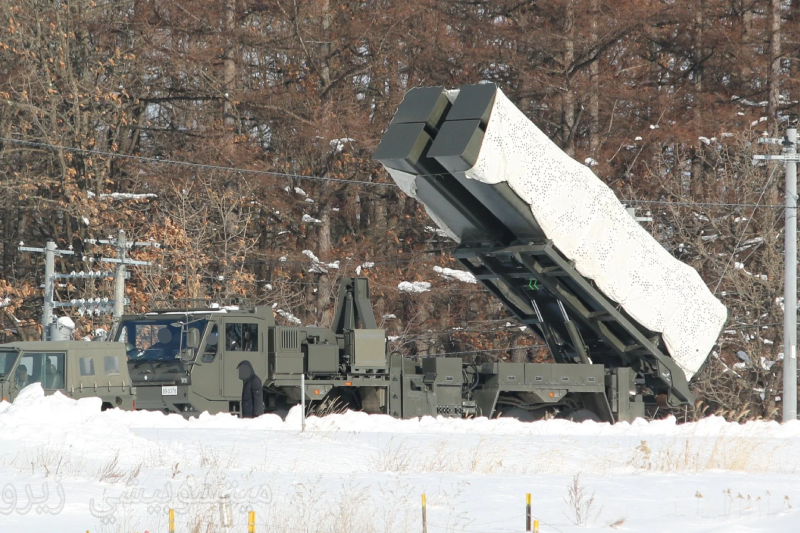China Slams Japan’s Extended-Range Missile Development Program
China has strongly condemned Japan’s extended-range missile program following Tokyo’s announcement of plans to deploy upgraded Type 12 anti-ship missiles in Kyushu by 2026. The China Japan missile dispute represents a significant escalation in regional tensions, as Beijing views Japan’s extended-range missile program as a direct threat to Chinese coastal security and a departure from Japan’s traditionally defensive military posture that could destabilize East Asian strategic balance.
Japan’s Ministry of Defense has allocated unprecedented funding through its fiscal year 2026 draft budget, setting defense spending at a record 8.85 trillion yen to support comprehensive military modernization efforts. This substantial investment includes funding for the upgraded Type 12 missile system deployment, demonstrating Japan’s commitment to developing advanced strike capabilities that extend far beyond traditional self-defense parameters.
The enhanced Type 12 missile system represents a significant technological advancement from its original coastal defense configuration. Originally designed for protecting Japanese territorial waters, the upgraded variant features extended-range capabilities that can engage maritime targets far beyond Japan’s immediate coastal areas, with strategic positioning in Kyushu providing coverage deep into the contested East China Sea region.
Senior Colonel Jiang Bin, deputy director of China’s Ministry of National Defense Information Bureau, issued an official statement on September 10 expressing Beijing’s serious concerns about Japan’s military expansion trajectory. China’s diplomatic response emphasizes that Japan’s development of offensive weapons systems exceeds requirements for legitimate self-defense, representing a concerning shift toward aggressive military capabilities.
Chinese officials have directly linked Japan’s current military expansion to historical patterns of regional aggression, specifically referencing Imperial Japan’s actions during World War II. The timing of these developments coincides with the 80th anniversary of victory in the Chinese People’s War of Resistance Against Japanese Aggression, adding symbolic weight to Beijing’s diplomatic protests and regional security concerns.
The deployment of extended-range missiles in Kyushu creates new strategic dynamics across the East China Sea, potentially placing significant portions of China’s coastal areas within Japanese striking distance. This capability expansion fundamentally alters the regional military balance and raises questions about Japan’s evolving interpretation of its constitutional self-defense limitations and commitment to exclusively defensive military postures.
Military analysts warn that Japan’s missile program expansion could accelerate a broader regional arms race as neighboring countries respond to perceived threats through their own military modernization programs. The escalating military capabilities development cycle threatens to undermine regional stability while increasing the risk of miscalculation or accidental conflict in disputed maritime areas.
Beijing has called upon the international community to recognize the potential destabilizing effects of Japan’s military expansion, urging global stakeholders to pressure Tokyo for restraint in military development activities. China emphasizes that regional countries’ determination to safeguard peace remains stronger than ever, positioning itself as a guardian of Asian regional stability against perceived Japanese militaristic tendencies.
The enhanced missile capabilities directly impact ongoing territorial disputes in the East China Sea, where China’s growing naval presence near contested islands has prompted Japan’s military posture adjustments. The strategic positioning of Type 12 missiles in Kyushu provides Japan with significant deterrent capabilities while simultaneously raising Chinese concerns about potential offensive operations against Chinese maritime assets.
Chinese officials have specifically urged Japan to “earnestly reflect on its history of aggression” and “genuinely respect the security concerns of its Asian neighbors.” This diplomatic language reflects Beijing’s strategy of leveraging historical grievances to build regional opposition to Japanese military expansion while positioning China as a responsible stakeholder in Asian security affairs.
The fundamental tension between Japan’s perceived security needs and regional stability concerns highlights the complex challenges facing East Asian defense planning. While Japan argues that enhanced defensive capabilities are necessary to address evolving security threats, neighboring countries view these developments as potentially aggressive actions that threaten existing strategic equilibrium.
Japan’s planned 2026 deployment timeline for upgraded Type 12 missiles creates urgency around diplomatic efforts to address regional concerns before operational capabilities are established. The strategic timing suggests Japanese confidence in proceeding despite Chinese objections, potentially setting precedents for future military capability developments that could further strain regional relationships.
The extended-range missile program affects international maritime security beyond bilateral China-Japan relations, potentially impacting commercial shipping routes and international waters access in the East China Sea. Regional stakeholders must consider how enhanced military capabilities might affect freedom of navigation operations and civilian maritime activities in contested waters.
Also read this: China Showcases New YJ-Series Hypersonic Missiles at Parade
Current diplomatic frameworks appear inadequate for addressing the escalating military capabilities competition between China and Japan. The absence of effective multilateral mechanisms for managing regional security concerns creates risks that bilateral tensions could spill over into broader regional conflicts involving multiple stakeholders with competing territorial and security interests.
The China Japan missile dispute exemplifies the complex security challenges facing East Asia as military modernization programs intersect with historical grievances and territorial disputes. Successful management of these tensions requires diplomatic engagement that addresses legitimate security concerns while preventing the escalation of military competition that could destabilize regional peace and economic prosperity for all stakeholders.
Keep connected with us at Facebook, Twitter, YouTube, Instagram & TikTok for latest defense happening around the globe.
Discover more from International Defence Analysis
Subscribe to get the latest posts sent to your email.



